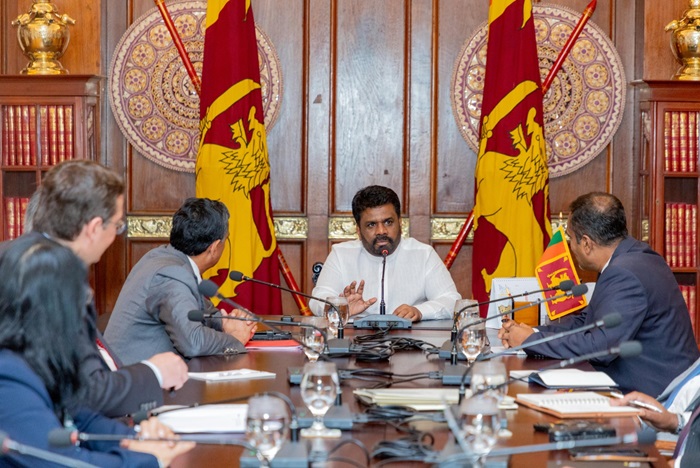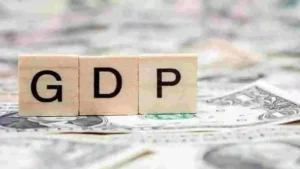
Sri Lanka Remains on track with the IMF’s US$ 2.9 Billion EFF program
- CNL Reporter
- November 24, 2024
- Political
- Sri Lanka Remains on track with the IMF's US$ 2.9 Billion EFF program
- 0 Comments
Behind the News
Sri Lanka is committed to adhering to the conditions set by the US$ 2.9 billion Extended Fund Facility supported by the International Monetary Fund, said Peter Breuer, Senior Mission Chief for Sri Lanka at the IMF.
This pledge of the new government has also strengthened confidence in policy stability and continuity to ensure the country’s economic recovery and inclusive growth.
The economic crisis in Sri Lanka has afflicted most of its population, and the IMF says the country needs broad-based benefits from economic recovery.
This is in order to seal the gains of the current reforms and put Sri Lanka on a path of long-term economic stability.
In his announcement at the Media conference in Colombo on Saturday morning, Breuer indicated that Sri Lanka and the IMF had reached a preliminary agreement on a set of policies to facilitate the third review of the EFF program.
Once this review is approved by the management and Executive Board of the IMF, Sri Lanka would get access to about $333 million of fresh money.
The disbursed amount under the EFF would reach about $1.3 billion, which is proof that the country’s economic growth has been slow but visible.

The biggest challenge Sri Lanka faces is that of completing the unfinished agenda of debt restructuring, which involves sorting out $12.5 billion in bondholder debt and addressing $10 billion in bilateral debts owed to its key international creditors, Japan, China, and India. For the IMF program to forge ahead, successful negotiations on debt restructuring are critical.
The fourth review of the IMF’s program will commence once the newly proposed economic package is submitted to the Sri Lankan parliament.
This package is aligned with the government’s goals and priorities, and its timely submission is essential for the next phase of the review process.
The government’s ongoing commitment to these program objectives has been instrumental in maintaining international confidence in Sri Lanka’s recovery trajectory.
Continued attention to reform measures, especially with regard to tax revenue creation and restructuring of state-owned enterprises, will be necessary for achieving these targeted economic outcomes.
This will be important if the target of the primary surplus is to reach 2.3 percent of GDP the following year.

The IMF has also emphasized the need to maintain a stable reform course that would safeguard the progress made so far and place Sri Lanka on a sustainable and inclusive economic growth path.
The final approval of the third review by the IMF Executive Board is contingent on two essential issues: successful implementation of prior actions and a 2025 budget consistent with EFF objectives, and confirmation of multilateral partners’ financing commitments.
Completion of these steps-especially sufficient progress toward debt restructuring-would provide confidence that the restructuring could be concluded quickly and within the debt parameters set by the program.
In all, the commitment of Sri Lanka to the EFF program of the IMF features as a cornerstone of its recovery strategy. In this light, alignment by the government with the IMF’s reform goals and the ongoing negotiations with international creditors are key in leading the nation out of its current financial crisis into a future of economic stability and inclusivity.

